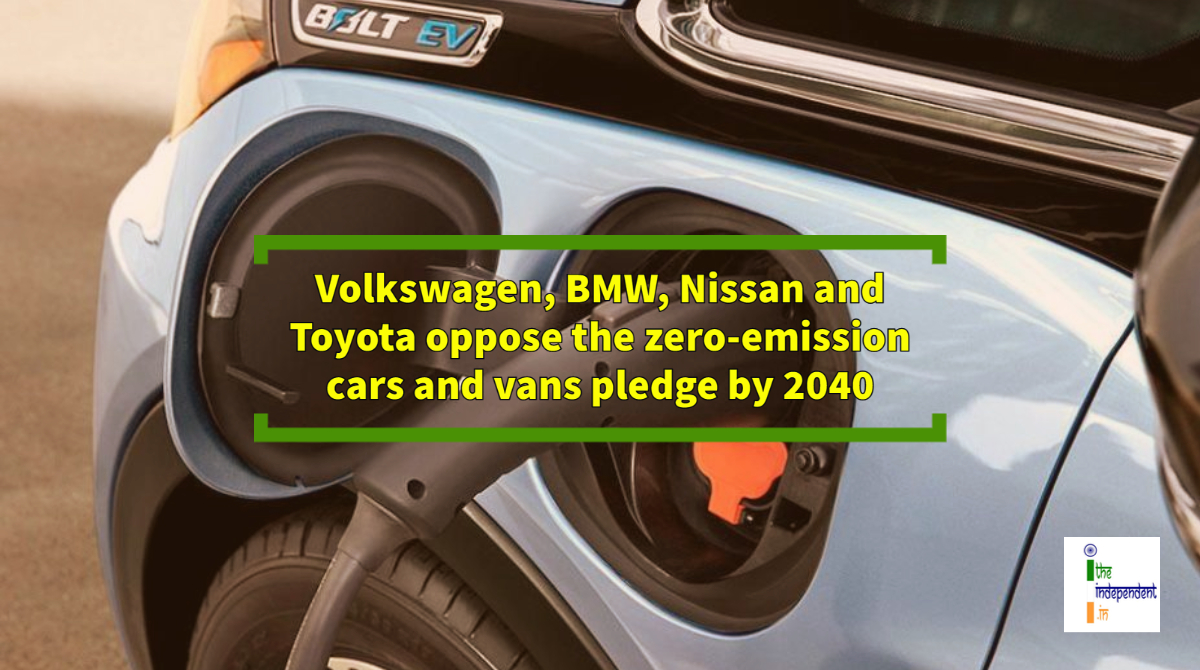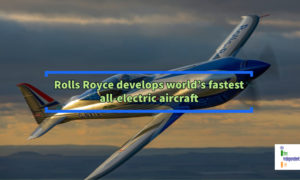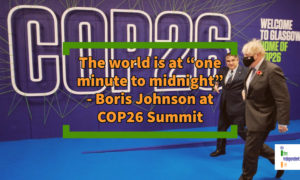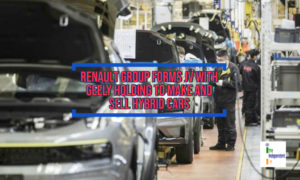
Leading automobile manufacturers have refused to back a commitment to sell only zero-emission cars and vans by 2040
Leading automobile manufacturers including Volkswagen, Toyota, BMW, Nissan and Stellantis have refused to back a commitment to sell only zero-emission cars and vans by 2040 and no later than 2035 in leading markets.
The development to work towards zero-emission cars and vans was arrived during the COP26 Summit which is being held in Glasgow, Scotland from October 31 – November 12, 2021.
The non-binding pledge was promoted by the Summit’s organizers as central to efforts to keep carbon emissions in line with the 2015 Paris Agreement, which seeks to cap the rise in global temperatures to 1.5 Celsius above pre-industrial levels. A total of 19 countries including United Kingdom (U.K.), Canada, India, Poland and several European nations signed the pledge.
However, Germany, United States (U.S.) and China refused the sign the pledge. This was followed by leading carmakers not agreeing to the pledge. The Environment Minister of Germany – Jochen Flasbarth accused the U.K. presidency of adding an unnecessary barrier by adding a footnote to the declaration to ban synthetic fuels.
Speaking on the occasion, the Executive Director of Greenpeace Germany – Martin Kaiser said, “What’s gravely concerning today is that major economies like the US, Germany, China, Japan and manufacturers like VW, Toyota and Hyundai could not even bring themselves to sign a declaration on electric vehicles that promises less than what’s actually required to maintain climate security.”
Reacting to the pledge, Toyota said that there isn’t enough time to put such a wide-ranging policy in place by 2040, particularly in parts of Asia, Africa, and the Middle East, which lack the environment to promote electrification.
While Volkswagen said it will work towards selling zero-emission cars but not by 2040. It has invested heavily in electric cars and plans to build six “gigafactories” in Europe by 2030. It said that any accelerated shift to electric vehicles had to be in line with an energy transition towards 100% renewables.
A Statement from Volkswagen read, “While transformative speed is of the essence, the pace of transformation will still differ from region to region … depending, among others on local political decisions driving EV [electric vehicles] and infrastructure investments.”
BMW also said that the pledge will cause “considerable uncertainty” about how a complete global shift to zero-emission vehicles would be supported, especially across significantly different markets. Meanwhile, it has zero emission technology ready and that models of its Rolls Royce and Mini brands built from the early 2030s onwards would be battery electric vehicles only.
Besides, Ford Motors, Mercedes-Benz and Volvo have signed the pledge. Mercedes-Benz expects up to 40% of its global vehicle output to be fully electric by 2030.







